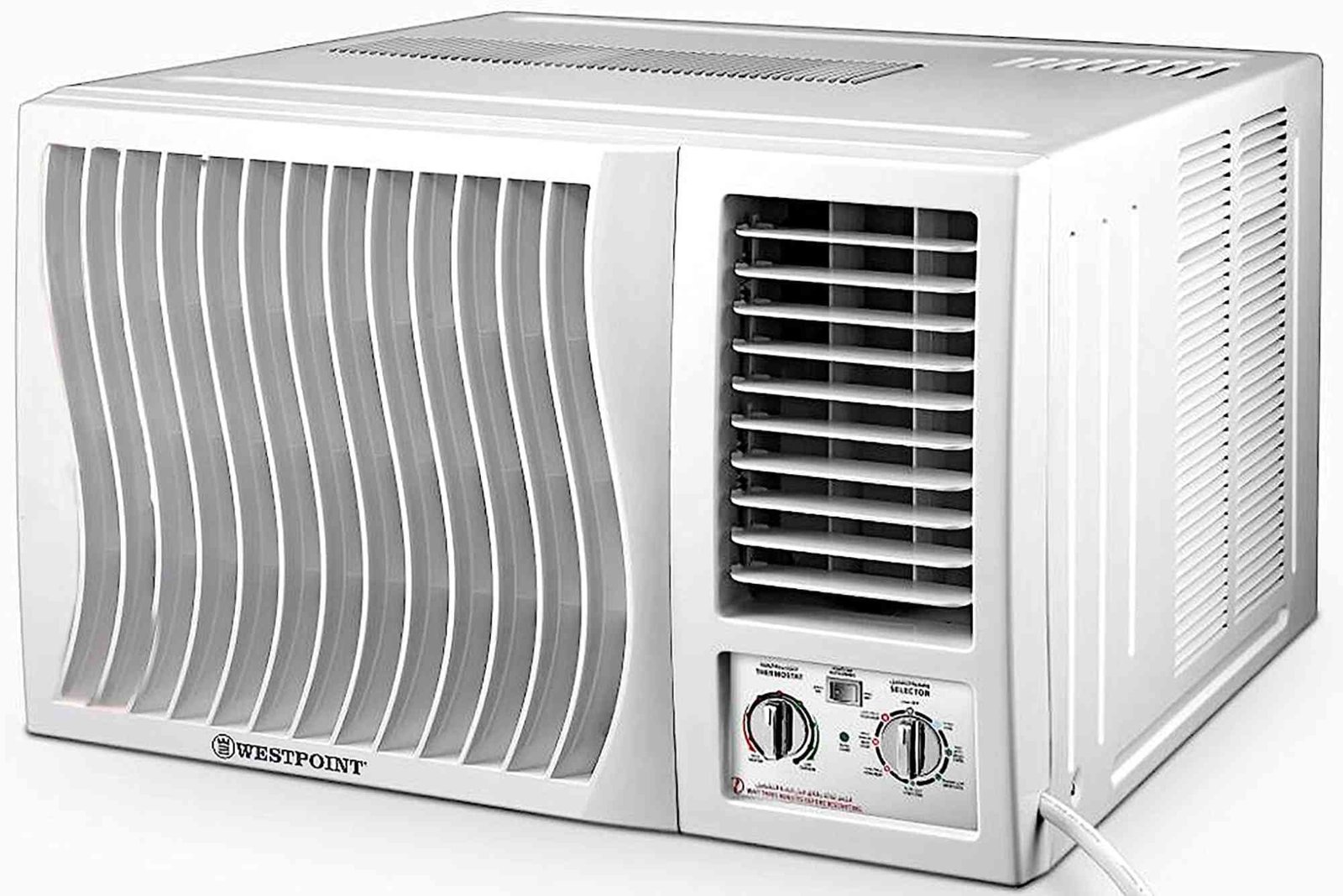Introduction
Understanding how to lighthouse in property management means developing a proactive mindset and guiding your real estate asset like a beacon. Property owners who embrace structure, clarity, and consistency enjoy smoother operations, higher tenant satisfaction, and better long-term value. This guide explains how to lighthouse: practical tips for property so you can manage with confidence, reduce stress, and build lasting equity.
Investing in a property is only the first step. Maintaining and improving it over time requires reliable systems. When learning how to lighthouse: practical tips for property, owners often discover that small proactive efforts create major long-term benefits. Instead of reacting to emergencies, you lead with clarity. This approach increases tenant trust, protects physical assets, and helps deliver stable returns.
Many new landlords assume property management is about collecting rent. In reality, success depends on planning, communication, and ongoing supervision. Even in competitive rental markets, such as those near dynamic fitness hubs like Orange Theory Mountain View, tenants stay loyal to landlords who operate like lighthouses—constant, steady, and dependable.
What Does It Mean to Lighthouse a Property?
To lighthouse a property means to act as a guide. You monitor conditions, anticipate issues, and protect the tenant experience. You do not wait until something breaks. You pay attention to maintenance, communication, and financial structure. In practice, this mindset reduces risk and stress.
Owners who master how to lighthouse: practical tips for property discover that they can prevent costly repairs and maintain steady occupancy. This proactive approach also attracts stable tenants who appreciate attentive service.
Establish a Clear Management Plan
A consistent plan builds stability. Start by defining maintenance schedules, budget guidelines, tenant communication expectations, and renewal strategies. When you take time to create structure, your property operates smoothly.
It helps to build a system that tracks seasonal maintenance like heating checks before winter and landscaping updates in spring. Treat your property like a long-term business. The moment a roof leak or plumbing issue surprises you, review your planning process and adjust. A lighthouse does not flicker. It stays steady.
Prioritize Preventive Maintenance
Property wear is inevitable, but neglect accelerates problems. Understanding how to lighthouse: practical tips for property includes frequent inspections, HVAC servicing, gutter checks, safety alarm testing, and plumbing evaluations. These actions protect both the building and the people who live in it.
Tenants feel safe and respected when they know issues will be handled quickly. The more proactive your approach, the lower your emergency repair bill and vacancy rate. A well-maintained home attracts responsible renters and prevents revenue loss.
Build Strong Tenant Relationships
Communication drives tenant satisfaction. Many tenants stay not only because the home is comfortable but because the landlord or manager communicates clearly. Learn how to lighthouse through consistent responsiveness, transparency, and respect. Set expectations early by informing tenants about maintenance windows, payment schedules, and property rules.
Friendly professionalism goes further than overly casual conversation. The goal is reliability, not friendship. Tenants appreciate timely updates, fast responses to repair requests, and reminders about seasonal changes or inspections. The moment you stop communicating, uncertainty grows, leading tenants to explore other homes.
Maintain Financial Visibility
Strong financial habits anchor property success. Owners who understand how to lighthouse plan budgets, track expenses, forecast vacancies, and review insurance coverage annually. Property investment becomes stressful only when financial uncertainty exists. Avoid that by using accounting tools or working with professional management support.
Keeping a reserve fund prevents panic during emergencies. Every roof ages, every water heater eventually fails. When funds are ready, the issue becomes a task rather than a crisis. Stability builds confidence for both owner and tenant.
Leverage Smart Property Technology
Modern tools support consistency. Remote security systems, smart locks, temperature controls, digital maintenance portals, and online rent payment platforms streamline communication and oversight. When learning how to lighthouse, technology strengthens your ability to guide without being physically present at the property.
Smart upgrades also enhance energy efficiency, security, and convenience. Although every improvement should have a strategic purpose, digital systems can reinforce trust and reduce operational workload.
Strengthen Local Knowledge and Compliance
Local laws shape your responsibility. Understanding landlord-tenant regulations, zoning rules, and safety standards keeps you compliant. Staying updated prevents penalties and disputes. When you know how to lighthouse, you protect your investment through informed decision-making.
Some communities also draw value from lifestyle amenities. Areas like Pacific Palisades California hold strong tenant demand thanks to scenic environments and high-quality services. Local knowledge helps you position your rental effectively and maintain a competitive edge.
Focus on Long-Term Asset Value
Short-term thinking harms property health. Small cost-cutting decisions—such as skipping a professional plumber or delaying roofing work—may seem efficient now but can create larger issues later. When you apply how to lighthouse: practical tips for property, you commit to consistent improvement.
Painting, landscaping, appliance upgrades, and structural maintenance support value growth. These enhancements boost curb appeal, rental desirability, and resale price. Your property is not just shelter; it is a long-term asset that grows when cared for intentionally.
Use Professional Assistance When Needed
Self-management does not always suit every owner. Sometimes partnering with an expert saves time and money. If daily responsibilities become overwhelming, consider professional support. The right partner can handle inspections, repairs, and tenant communication while you focus on strategic planning. You can review services from firms such as Lighthouse Property Management for structured guidance and industry systems by visiting the link labeled Lighthouse Property Management on your screen.
At times, owners learn the most by observing professional processes. Delegating does not reduce your role; it strengthens your capacity to maintain consistency.
Community and Tenant Well-Being
Properties thrive when tenants feel comfortable in their environment. Consider how the neighborhood, nearby amenities, and community resources contribute to satisfaction. Fitness centers, parks, local services, and social spaces create appealing surroundings. For example, properties near Orange Theory Mountain View benefit from a health-focused tenant demographic that values convenience and lifestyle.
When you understand community strengths, you market effectively and retain renters longer.
Maintaining a Consistent Standard
Consistency distinguishes stable operators. Inspect regularly, hire reliable contractors, respond on time, and update documentation. This approach signals professionalism. If issues arise, address them directly with calm communication and factual clarity. A lighthouse remains steady through storms. Your property operations should too.
If you want to explore structured resources, you may consult the link titled Learn more about lighthouse property management. While every owner must tailor techniques to their situation, guidance accelerates confidence.
Frequently Asked Questions
What does it mean to lighthouse a property?
It means proactively managing and guiding your property with preventive maintenance, structured communication, and steady oversight.
How does proactive management help property owners?
Proactive management prevents expensive repairs, improves tenant retention, and increases long-term asset value.
How often should landlords inspect their rental property?
Most landlords inspect at least twice a year, along with seasonal maintenance checks.
What are the most important habits for property owners?
Consistent communication, scheduled maintenance, clear budgeting, and quick response to repair requests create long-term success.
Do smart home upgrades improve rental value?
Yes. Smart security, thermostats, and digital access systems enhance convenience, energy efficiency, and tenant satisfaction.
Learning how to lighthouse: practical tips for property allows owners to maintain control, reduce stress, and build real estate value over time. Proactive planning, respectful communication, routine maintenance, and financial clarity function as your guiding light. When you operate with consistency, tenants trust you, the property remains stable, and future growth becomes predictable.
Begin applying these methods today. Review your maintenance calendar, evaluate communication habits, and consider whether support systems can strengthen your process. If you want structured guidance or management expertise, explore Lighthouse Property Management or visit Pacific Palisades California listings for inspiration and market insights. To continue refining your approach, follow resources labeled Learn more about lighthouse property management and start building a strong foundation now.




